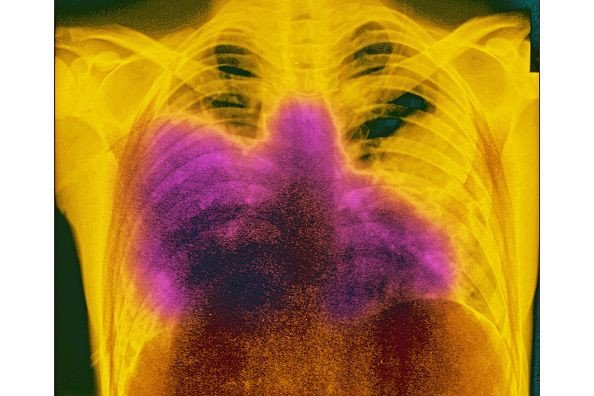Legionnaires’ Disease In US: 1 Dead, 12 Hospitalized From Outbreak In California’s Napa County
Health officials are investigating a Legionnaires’ disease outbreak that has killed one person and hospitalized 12 since mid-July in Napa County, California.
The Napa County Public Health, the California Department of Public Health, and the Centers for Prevention and Disease Control are working to identify the source of a Legionnaires' disease outbreak by testing human-made water sources, including cooling towers, hot tubs, decorative fountains, and plumbing systems for the Legionella bacteria.
Early indications have found high levels of Legionella bacteria in a sample taken from a cooling tower at Embassy Suites Napa Valley hotel located in the City of Napa. Officials have since taken the cooling tower offline to prevent further illness and are continuing their investigation into additional sources.
Of the 12 people hospitalized since July 11 from the Legionnaire outbreak, three remain hospitalized. The person who died from the disease was over the age of 50 and had risk factors for severe disease, officials said.
All of the 12 people hospitalized had visited or stayed at the Embassy Suites Napa Valley hotel.
“Our joint investigation team continues to work with Embassy Suites staff to remediate the source of exposure. Finding Legionella in one water sample is an important piece of the puzzle, but we must continue to investigate other cooling towers and water sources in the outbreak area, as it is common to find more than one source," Dr. Karen Relucio, Napa County health officer, said in a statement.
Those at high risk for Legionnaires' disease are over the age of 50, smoke cigarettes, and have chronic lung disease, or compromised immune systems. Transmission of Legionnaires disease occurs through breathing in aerosolized water containing the Legionella bacteria. It is not spread from person to person and can be treated with antibiotics if it is caught early.
Symptoms of Legionnaires' disease include cough, fever, or difficulty breathing.
To prevent the spread of Legionnaires' disease, experts advise flushing faucets and showerheads if they haven’t been used recently and cleaning and disinfecting all devices that use water, such as humidifiers, respiratory therapy devices, showerheads and faucet aerators, water heaters, and hot tubs.

© Copyright IBTimes 2024. All rights reserved.




















